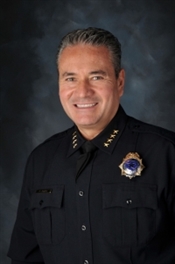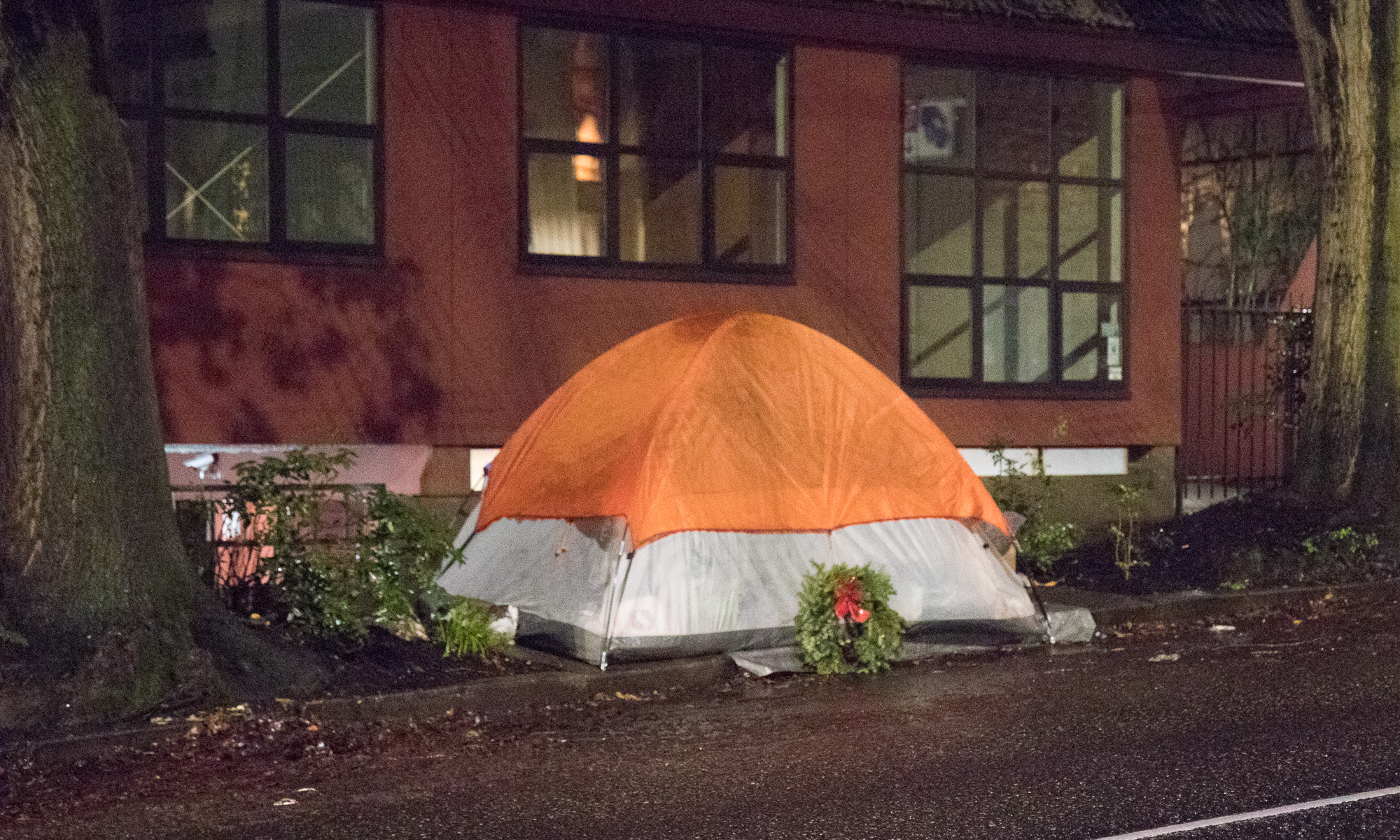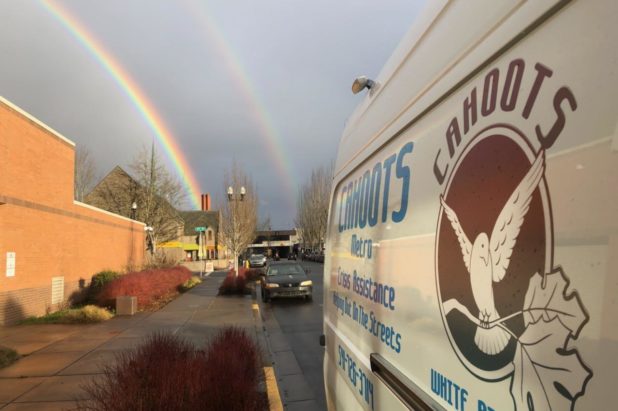The city of Denver, Colorado is expanding their Support Team Assisted Response (STAR) Program after a successful pilot in 2020. More funding is budgeted to increase the number of teams, provide staffing for longer hours per day, seven days a week, and cover more of the city.
The STAR program sends teams of EMTs and Behavioral Health Clinicians to “engage individuals experiencing crises related to mental health issues, poverty, homelessness, and substance abuse.”
Last week St. Louis Mayor Tishaura O. Jones and U.S. Rep. Cori Bush visited Denver to learn more about STAR. “I wanted to see a response model that did not involve officers and see how that was set up,” Mayor Jones said.
The Denver police chief is clear about the goals for STAR:

Denver’s initiative … eliminates the police response to a call or having officers as backup. “The goal of the program was to get a better outcome for these calls,” Denver police Chief Paul Pazen told the [St. Louis] Post-Dispatch on Friday. “This is not a ‘defund the police’ type of program. This is an ‘and’ to police, not an ‘or.’ This is enhancing the type of responses to get a better outcomes and free up emergency services and law enforcement.“



